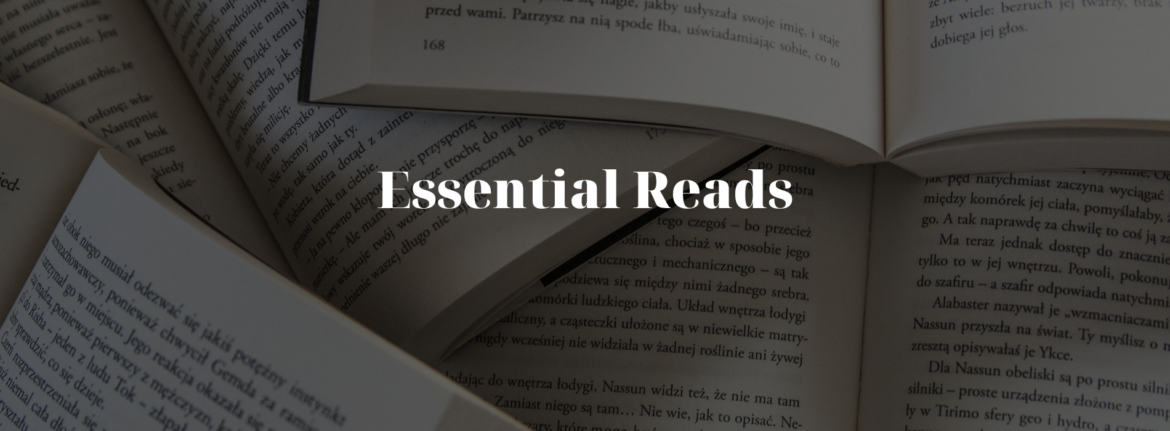Poland’s rich history, diverse landscapes, and vibrant culture have inspired countless works of literature that delve into the nation’s past, explore its present, and imagine its future. For those interested in exploring Poland through the written word, here are several highly recommended books that span historical accounts, novels, and insightful sociopolitical analyses. These works not only entertain and inform but also provide a deeper understanding of Poland’s complex identity and heritage.
„God’s Playground: A History of Poland” by Norman Davies
For anyone seeking a comprehensive overview of Polish history, Norman Davies’ „God’s Playground” is indispensable. This two-volume set is considered one of the definitive works on Poland’s complex past, from its medieval beginnings to its contemporary state. Davies’ detailed narrative covers key events, figures, and the socio-political dynamics that have shaped Poland through the centuries. It’s a thorough and engaging read that is highly recommended for its depth and scholarly insight.
„The Peasants” by Władysław Reymont
This novel, which won the Nobel Prize in Literature in 1924, offers an in-depth look at rural life in Poland at the turn of the 20th century. „The Peasants” is a four-part novel set across the four seasons, painting a vivid portrait of peasant life and the changing seasons’ impact on their livelihood. Reymont’s work is a profound exploration of tradition, change, and the timeless rhythms of rural existence.
„A World Apart” by Gustaw Herling-Grudziński
This profound work of non-fiction offers a gripping firsthand account of the author’s experience in a Soviet labor camp during World War II. Herling-Grudziński’s narrative goes beyond personal suffering to examine the broader implications of political oppression and human endurance. „A World Apart” is not only a testament to the resilience of the human spirit but also a critical examination of the cruelty inherent in the Soviet camps.
„Warsaw 1920: Lenin’s Failed Conquest of Europe” by Adam Zamoyski
This book offers a detailed account of the dramatic and lesser-known 1920 battle between Poland and Red Russia, known as the Miracle on the Vistula. Zamoyski skillfully narrates how this pivotal battle shaped the course of European history by preventing Lenin’s spread of communism into Europe. It’s a compelling read that provides crucial context for understanding Poland’s geopolitical significance in the 20th century.
„Zdążyć przed Panem Bogiem” by Hanna Krall
This remarkable book by Hanna Krall is based on interviews with Marek Edelman, one of the leaders of the Warsaw Ghetto Uprising. Krall’s narrative technique seamlessly blends journalism and literature to explore profound moral and existential questions. „Zdążyć przed Panem Bogiem” (translated as „To Outwit God” or „Shielding the Flame”) offers a poignant and deeply personal account of resistance, survival, and memory, providing insight into one of the most heroic and tragic episodes of World War II in Poland.
„Krzyżacy” by Henryk Sienkiewicz
„Krzyżacy” (translated as „The Knights of the Cross” or „The Teutonic Knights”) is a historical novel written by Nobel laureate Henryk Sienkiewicz in 1900. Set in the late Middle Ages, the novel depicts the conflict between Poland and the Teutonic Knights in the Baltic region, culminating in the Battle of Grunwald in 1410. Sienkiewicz’s vivid narrative and rich character development not only offer a dramatic reenactment of this pivotal historical event but also reinforce themes of national identity and heroism.
„Lalka” by Bolesław Prus
„Lalka” (translated as „The Doll”) is one of the greatest Polish novels of the 19th century, written by Bolesław Prus. It’s a complex narrative that explores the life of Stanisław Wokulski, a man deeply in love with a beautiful, yet shallow woman from a higher social class. Set against the backdrop of the industrial revolution in Warsaw, the novel critiques various aspects of society—from the struggles of the entrepreneurial middle class to the decadence of the nobility, shedding light on a range of social, economic, and psychological issues.
„Ferdydurke” by Witold Gombrowicz
„Ferdydurke,” one of the most original and influential Polish novels of the 20th century, was written by Witold Gombrowicz. This avant-garde narrative defies easy classification, exploring themes of maturity, social conformity, and cultural identity through its bizarre, often surreal storylines. Gombrowicz uses humor and irony to challenge the traditional norms of literature and society, making „Ferdydurke” a provocative and engaging read.
„Solaris” by Stanisław Lem
Stanisław Lem is one of the most respected figures in Polish literature, particularly known for his contributions to science fiction. „Solaris” is perhaps his most famous work, exploring the human struggle with unknown and incomprehensible forces that challenge our scientific understanding and moral compass. Set on a distant planet covered by a vast ocean that exhibits signs of a powerful, alien intelligence, „Solaris” delves into themes of communication, isolation, and the limitations of human cognition. This novel has been adapted into several films and remains a seminal work in the genre of science fiction.
